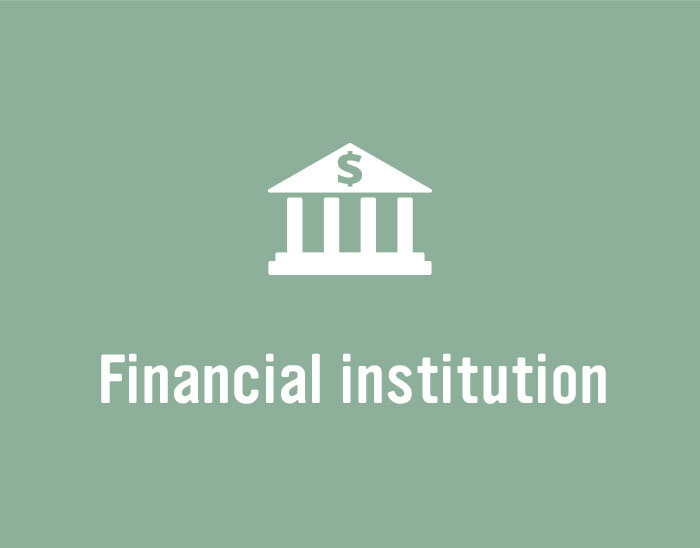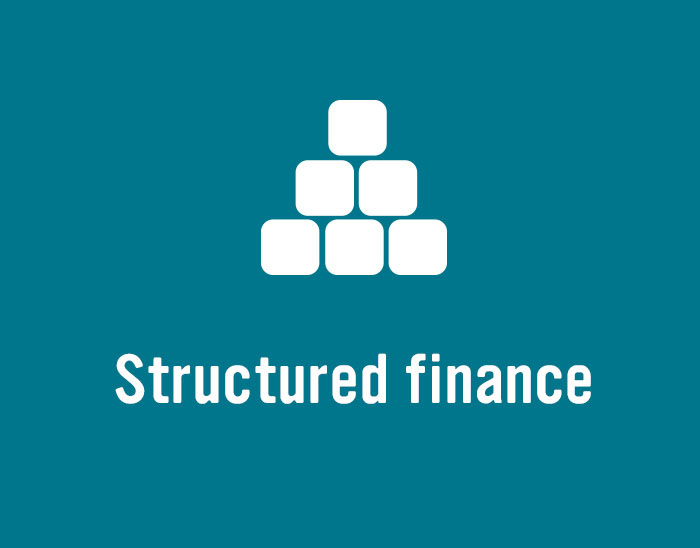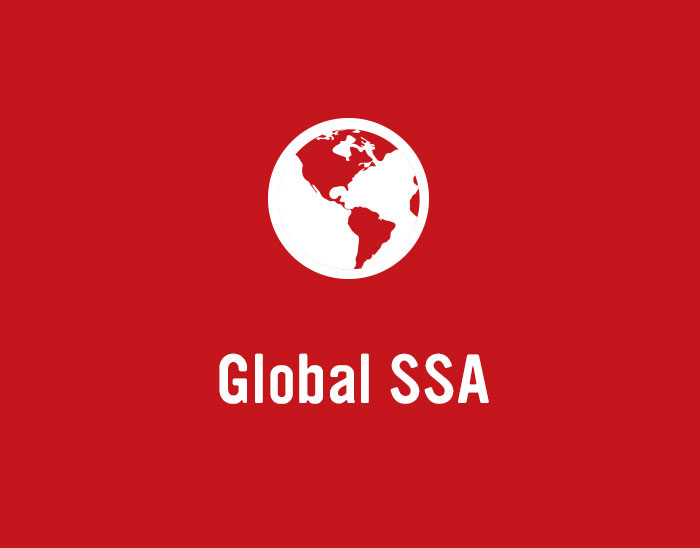
News

On 2 November, National Australia Bank (NAB) (AA-/Aa3/AA-) launched a new, senior-unsecured domestic benchmark deal. The five-year, self-led transaction has indicative price guidance of 82 basis points area over semi-quarterly swap and three-month bank bills. Pricing is expected on or before 3 November.

A growing segment of corporate Australasia is stepping up to the plate on sustainability, taking the lead among peers and in many cases government. The issues are complex, especially when it comes to transition management, but the wins are starting to stack up – including in the capital-markets arena.

Westpac Banking Corporation has an extensive history of engagement with and commitment to environmental, social and governance (ESG) goals. But it is not resting on its laurels, as the way the bank is thinking about the future of sustainability demonstrates.

ANZ Banking Group believes transition to a more holistic sustainability approach is effectively mandated by the changes taking place in the wider world. Key executives outline how the bank is making environmental and social considerations integral to its strategic direction, and how this approach affects its relationships with clients and customers.

For Commonwealth Bank of Australia, it is more important than ever to have corporate responsibility at the heart of what the bank does. Using its lending book as an example, the bank demonstrates how it is putting its principles into practice for the benefit of all stakeholders.

Some of Australia’s most significant institutional investors in the socially responsible investment space share perspectives on the importance of incorporating environmental, social and governance (ESG) principles in their investment strategies. They also discuss the relationship between ESG and credit ratings, sectoral hurdles and the myths around the risk-return equation.

KangaNews speaks to a range of representatives from Australia’s big-four banks about the role of capital markets in financing global sustainability initiatives, developments in the fixed-income socially responsible investment space, the challenges to growth of the impact bond market, and what tops their wish list of things to happen to promote further market growth.

On 1 November, Eclipx Group (Eclipx) began taking indications of interest on its latest asset-backed securities (ABS) transaction, Turbo Series 2017-1 Trust. The deal has indicative volume of A$329.36 million (US$252.3 million), according to arranger ANZ. National Australia Bank and Westpac Institutional Bank are additional lead managers.

